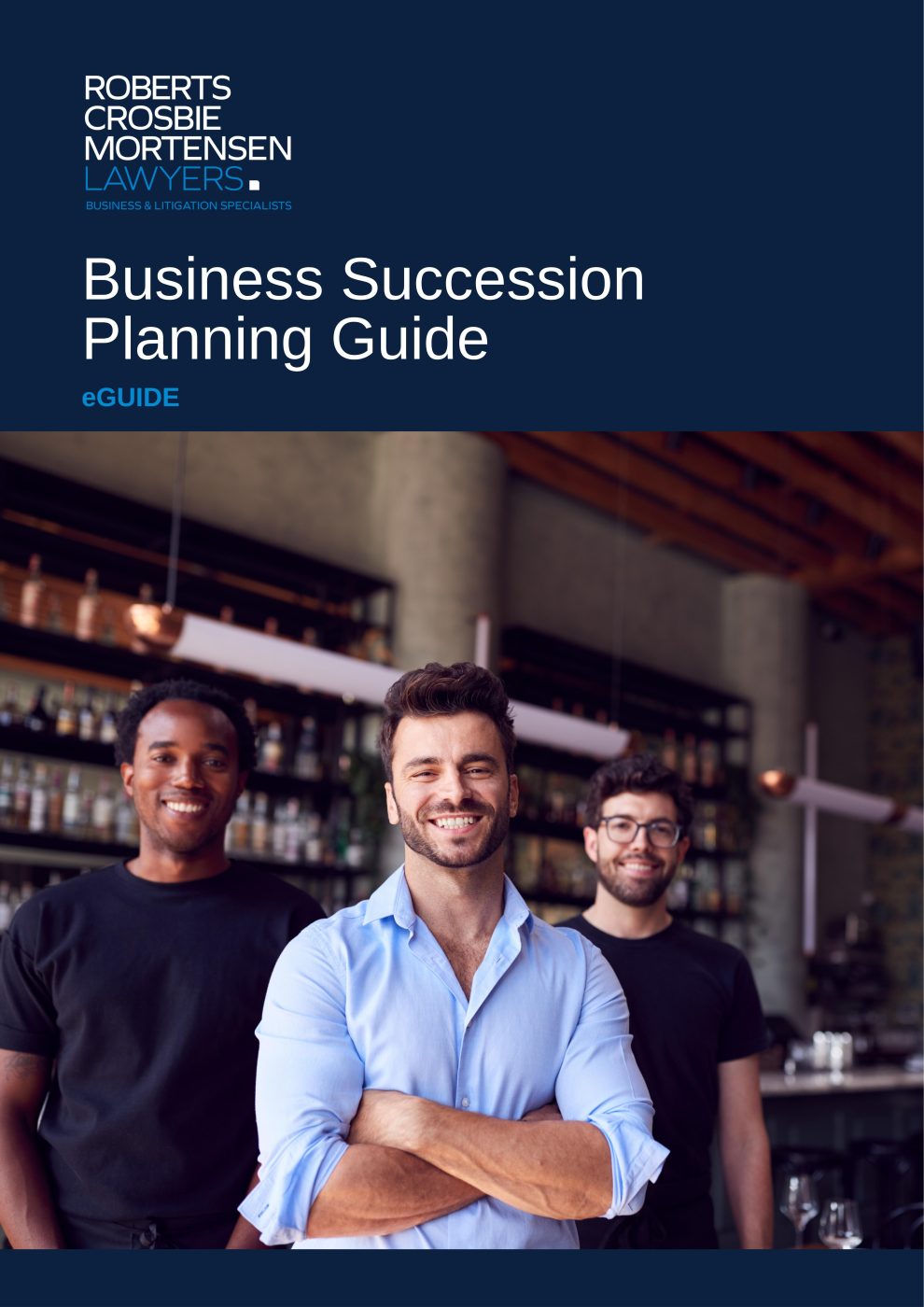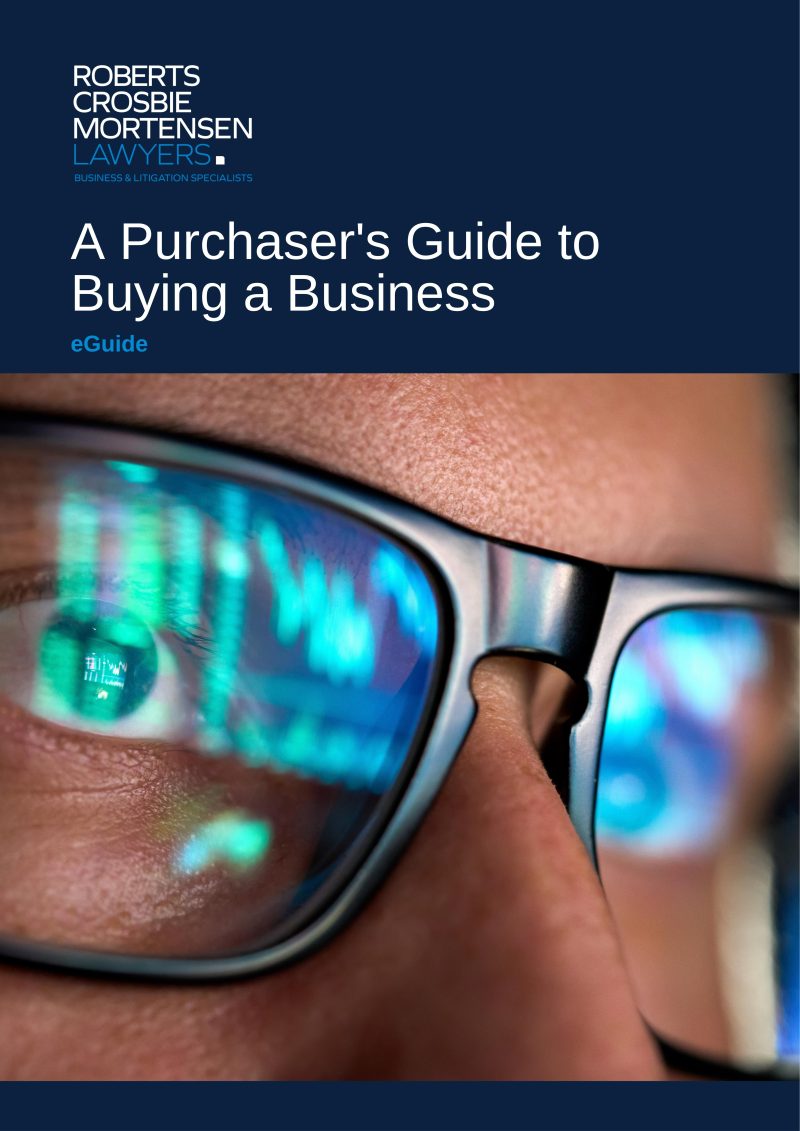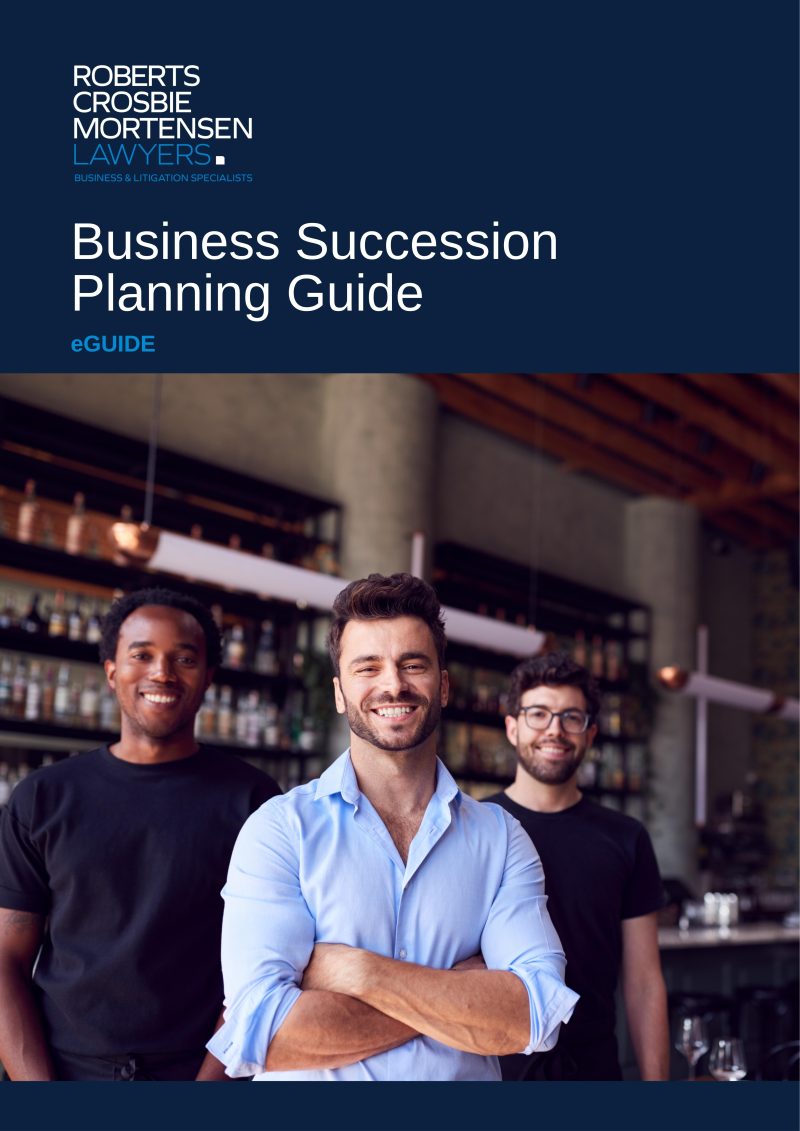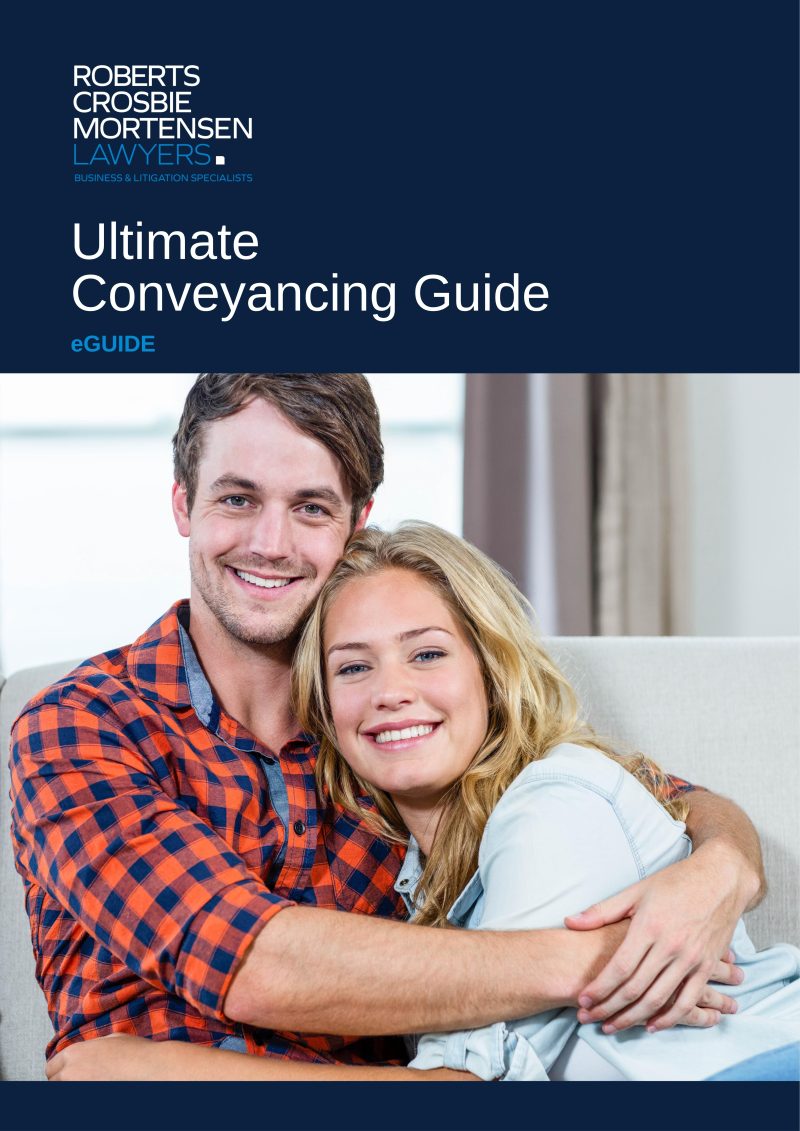The main implications of Self Ownership where the equity in the business is owned by a related company or family trust (‘Related Entity Owner‘) of the Life Insured are as follows:
The Sale Price is not received by the Seller
Self Ownership will result in the purchase price being paid to the wrong party, namely, the Life Insured and not the Related Entity Owner. This can have significant implications where, for example:
- if the Related Entity Owner is a company, the Life Insured is not the sole shareholder of the company;
- if the Related Entity Owner is a unit trust, the Life Insured is not the sole owner of all units in the unit trust; or
- if the Related Entity Owner is a discretionary trust, the Life Insured is not the sole named beneficiary of the trust.
In these circumstances the Life Insured may become liable to pay compensation to any person who had an interest in the Related Entity Owner as the law imposes a fiduciary duty on Company Directors and Trustees to act in the best interests of the shareholders/beneficiaries. The Life Insured would likely have breached that duty by causing the Related Entity Owner to enter into a Buy/Sell Option Agreement pursuant to which the Related Entity Owner become bound to dispose of its equity in the business in circumstances where only the Life Insured would receive a benefit from the Self Owned insurance policy.
The Seller will be liable for CGT despite not received payment
Despite the insurance proceeds not being received by the Related Entity Owner, that entity will be bound to transfer its equity in the business to the continuing owners pursuant to the Buy/Sell Option Agreement . That disposal of the equity in the business for no consideration will result in a CGT liability for the Related Entity Owner assessed on the market value of the equity disposed of.
As a result of the purchase price/insurance proceeds being paid to the Life Insured, the Related Entity Owner may not have access to funds to pay the CGT liability arising from the disposal or to discharge any loan secured over the equity to be disposed of.
Risk of Deemed Dividend and tax at Life Insured’ individual marginal rate
There is a risk that the payment to the Life Insured would be regarded as a “Deemed Dividend” under Section 109C of the Income Tax Assessment Act 1936 as a result of which Income Tax may be payable by the Life Insured on the full amount of the insurance proceeds at the Life Insured’s marginal rate of tax. In addition to the personal tax, the Related Entity Owner will still be liable for CGT on the market value of the equity disposed of. The net result will be that a greater amount of tax overall will be paid. This is because the personal Income Tax will be assessed on the whole of the sale proceeds, whereas, if the sale proceeds were paid to the Related Entity Owner, only the net proceeds after payment of the CGT would be available for distribution to the Life Insured.
Loss of Opportunity to implement Tax Minimisation Strategies
The ability to apply tax minimisation strategies to the insurance proceeds will be lost. For example, had the purchase price been received by the Related Entity Owner, income tax on the eventual payment of the proceeds to the Life Insured and/or his family could be been minimised by the timely payment of dividends to shareholders or discretionary distributions to beneficiaries of a family trust.
Sale Proceeds may be affected by a Family Provision Order against Life Insured’s Estate
If the Life Insured has died and the insurance proceeds become part of their Estate, the monies would be susceptible to a Family Provision Order by the Court. A Family Provision Order is an Order as a result of the Life Insured’s Will being challenged by an ex-spouse, estranged child or other “eligible person“. If a Family Provision Order is made in respect of the Life Insured’S Estate the insurance proceeds might come to be distributed to parties that the Life Insured had not intended to benefit when making the business succession planning arrangements.
Similarly, if the Life Insured died without a Will the insurance proceeds would be distributed in accordance with the Rules of Intestacy which might result in a distribution that the Life Insured had not intended for the sale proceeds at the time of the making of the business succession planning arrangements.
Difficulty Enforcing Debt Reduction
If the insurance includes cover intended to be used for debt reduction purposes for the business, in the absence of existing contractual obligation, the business may encounter difficulty if the Life Insured or their Executor does not co-operate in applying the appropriate portion of the insurance proceeds to reduce the debt of the business.

